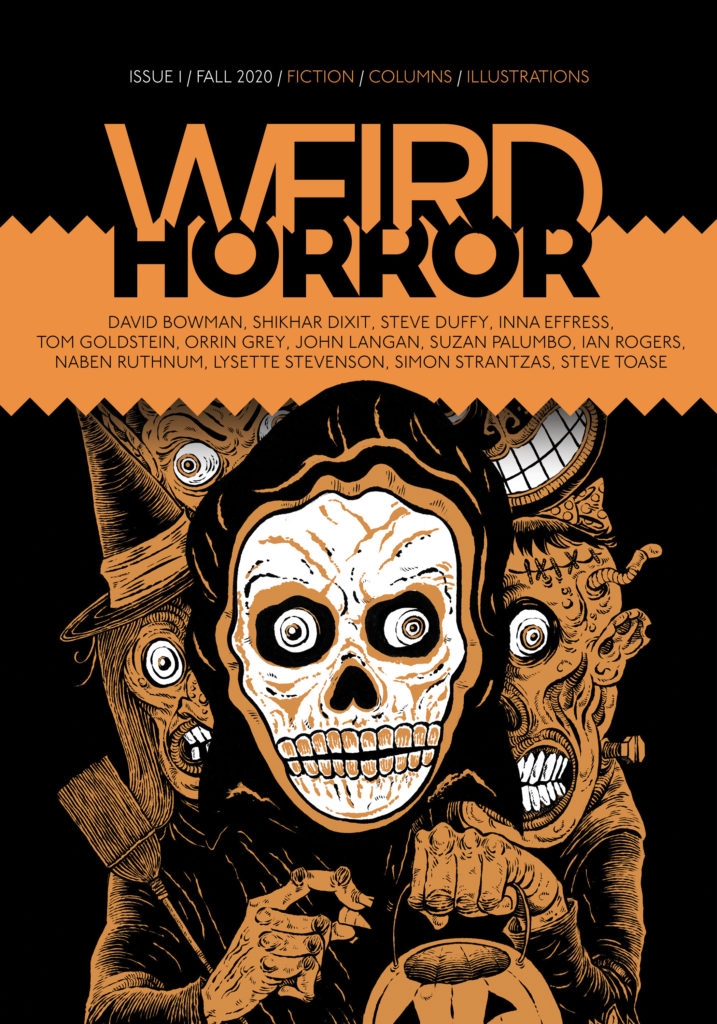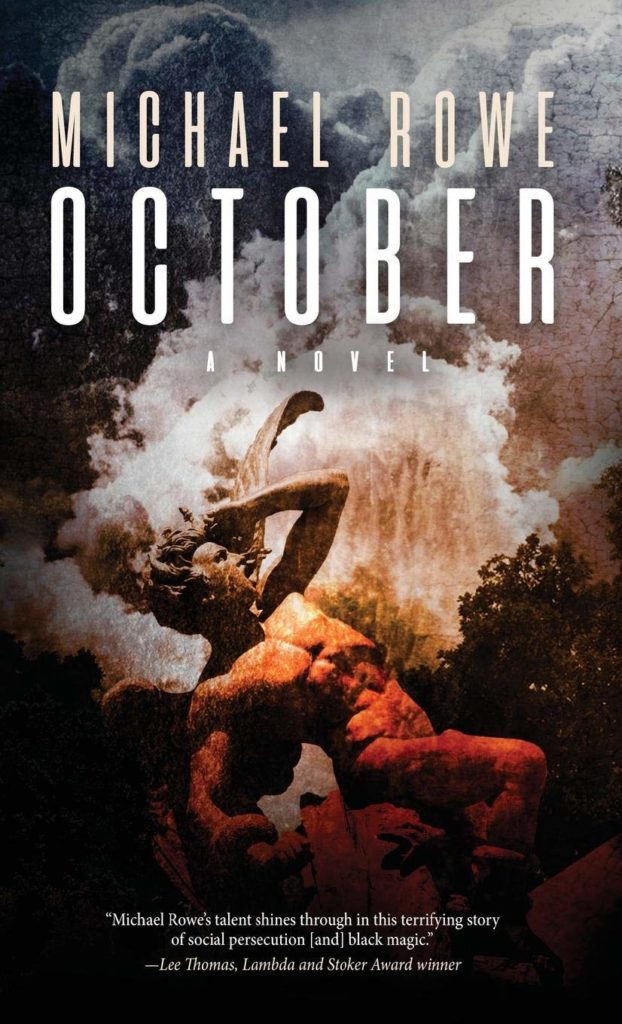The Story Behind the Most Difficult Story I’ve Ever Had to Write
In late 2003, I started a short story tentatively titled “The Clacker.” I had the bare bones of a religious concept, itself based on my bare bones knowledge about the Cathars, a branch of Christianity wiped out by the Roman Catholic Church. (If this behavior by the RCC comes as a surprise, you probably shouldn’t be reading horror fiction, or science fiction, or fantasy or…look, just pick up some history books from your local library. Concentrate on books aimed at young adults.) Of course, I had internet access, just like the vast majority of Americans. Usually, research plus imagination crystallizes into some kind of story! It isn’t necessarily a good story, but at least it has a middle and an ending, to keep the beginning company. After several hours in which I wrote, and rewrote (moved around some words) the same two or three paragraphs, I surrendered.
But this wasn’t exactly a surprise.
You see, my creativity had been slowly leaching away, like a vital nutrient washed out of the soil by heavy rains. Creativity is, perhaps, the most vital nutrient required in order for writers and illustrators to grow their respective works of art. I was both, so the losses were doubled.
Fast forward to 2013, when a fortuitous change in my medication started growing that essential creativity once more, and without warning. I found myself suddenly deluged, not by rain, but by The Nutrient. Potent stuff that the desire to create is, I was overwhelmed by ideas. Stories I wanted to write and drawings I wanted to do wouldn’t just materialize; I had to grow them. I had a LOT of work ahead of me. I did a bunch of drawings, mostly of women and elder gods, and stuttered through the beginnings of half-a-dozen stories that were essentially going nowhere. I was all over the place, writing horror, science fiction, dark fantasy…but just their opening paragraphs. Drawing came naturally to me. I’d been a visual artist first, having picked up crayons at approximately the age of five. I didn’t write my first story until high school—during senior year, no less. Writing required more focus.
I don’t remember how I got the idea to go looking through my old fiction folders, but it was the trigger, or the key, or even the electron microscope (focus, get it?)—choose your metaphor. I opened many old files, which my latest version of Microsoft Word needed to translate into the new century, second decade. I found myself aghast at such amateur writing, and absurd, old tropes from the 1990s. The only ones that held any promise were the seeds of classical material: ghosts, apocalypses, cosmic horror, Lovecraftiana (no, probably not a real word), etc. You get the picture.
Ultimately, I settled on two stories: the apocalyptic “Sacred Glyphs” and one of those Lovecraftian pieces, entitled “The Clackers.” First thing I did was rename it “The Bible Black,” a title I stole from Ronnie James Dio’s final project, Heaven and Hell. The fact that he died before the album’s release just gave this song a creepy pathos that no musician could, or would, be able to pay for. If you want to hear the song that would ultimately inspire “The God Whom No One Worships,” tap here.
To deflate this bloated blog post, I will hurry along, now. I asked both my wife, Sherry, and my good friend, author/artist Dean Italiano, to give it the metaphorical red-pen treatment. They both gave me a lot of good advice. I think it was around then that I renamed it “The God Whom No One Worships.” But as I read it over, again, I felt something was wrong. I was too close to it, though, had worked on it too recently, to be able to see it clearly.
So I hired Mary SanGiovanni’s MSEditing to help me improve that story, and it was worth every penny. When Michael Kelly was seeking a short work of pulp fiction, I sent, among other things, “The God Whom No One Worships.” He accepted, asking only that I retitle it “The Night Kingdom.”
So, “The Night Kingdom” (It just rolls off the tongue, doesn’t it? That’s why he wins the awards, folks.) will appear in the inaugural issue of Weird Horror #1, along with twelve other chilling tales, this October. I urge writers to pick it up in order to get an idea of what they’re looking for, and I urge everyone else to pick it up because it will undoubtedly be good spine-tingling fun.


